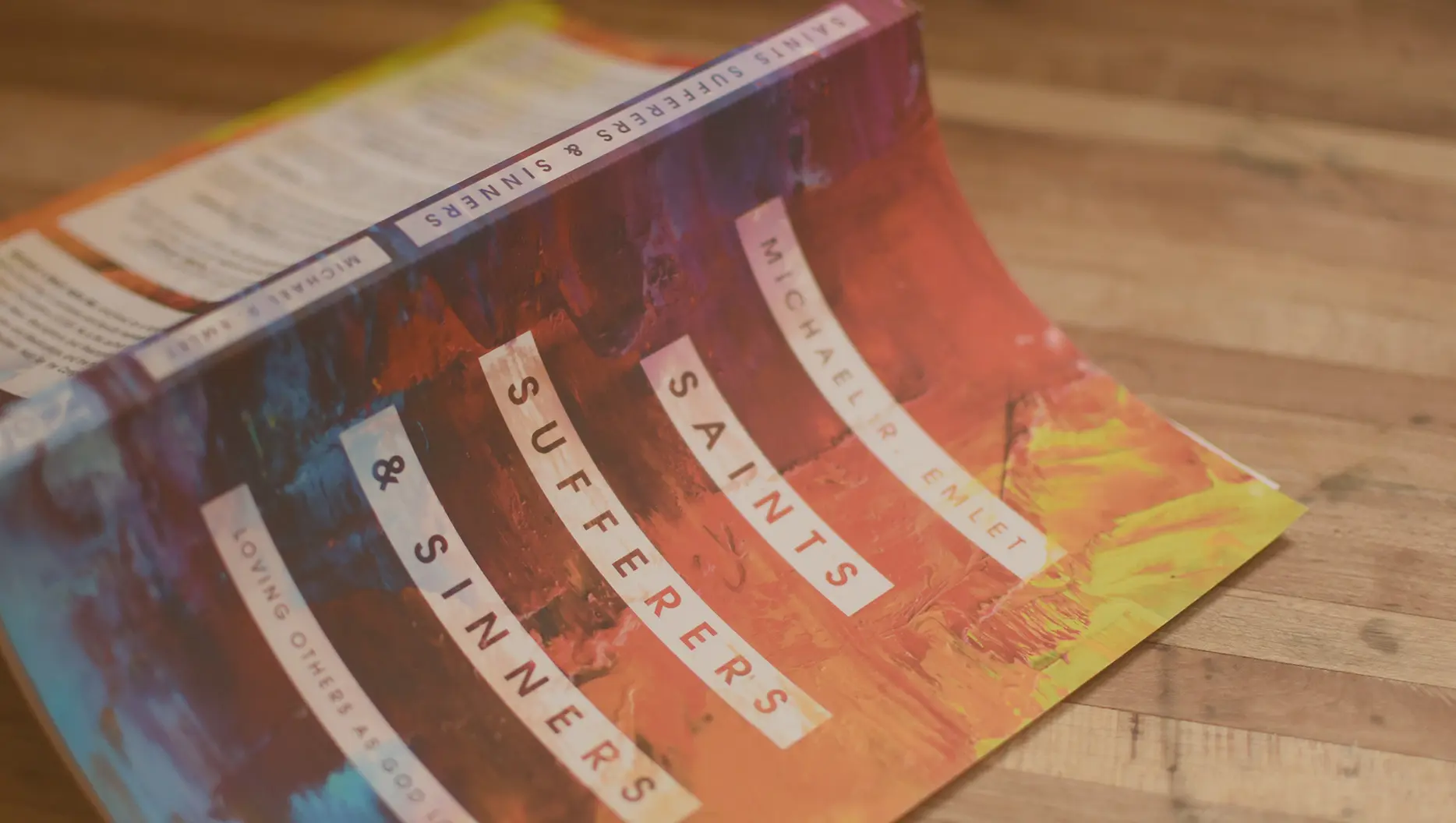Transcript
Job says that "As sure as sparks fly upward, man is born for sorrow." And clearly, in the Book of Job, you see an extreme suffering, extreme loss and grief and sorrow. And very early on in the book, you see certainly it's difficult for us to experience these hardships and this suffering individually. But when you're married, it's all that much more difficult, and the temptations are all that much stronger. And you see that in the Book of Job. You see Job's wife responding to the losses and the grief in anger and in despair and in faithlessness, losing hope. And you see Job is striving in another direction, turning inward and crying out to the Lord in prayer and to his friends. And even with that example, you see grief and sorrow and extreme suffering has the potential to really divide and distance and separate us. And even embedded in this question, the person who's asking the question realizes the dangers that lurk at every turn.
And grief is such an ubiquitous experience that it just surrounds you day and night. It saps your energy, it consumes your thoughts. It just enshrouds you under a cloud. And I think the most important thing to realize when going through and facing grief and sorrow and extreme suffering is that we grieve differently. And so oftentimes in marriage, the way I grieve actually pushes away my wife and vice versa. The way she grieves may be much more active, angry, and out here, where the way I grieve may be turning inward, turning away, becoming quiet.
And many times, over many conversations with couples, you hear things that there are moments in their lives of marriage where they have felt abandoned by the other person in the midst of sorrow, in the midst of a loss or some kind of trauma. And very often we cannot move forward, they cannot move forward until they go back to that place and understand how they were grieving differently and how that grief actually pushed the other apart. So probably the most important thing is to understand that we grieve differently. And so oftentimes in that difference, we actually separate and tear apart and push each other away and withdraw in ways that are hurtful and that abandon each other.
So Jesus himself experiences—at his moment of the most extreme sorrow and suffering in the garden of Gethsemane, leading to his crucifixion and rejection and betrayal—he doesn't want to be alone. He says to his closest friends, Peter, James, and John, He says, "Stay with me. Wait with me. Pray with me." And he knows what it's like to be abandoned in that moment by his closest companions. And those three things, they give good direction to us as we're grieving, to wait together for the Lord, to pray together, to wait on the Lord and to stay nearby each other and to give lots of grace and lots of support for one another in this time of extreme suffering.



